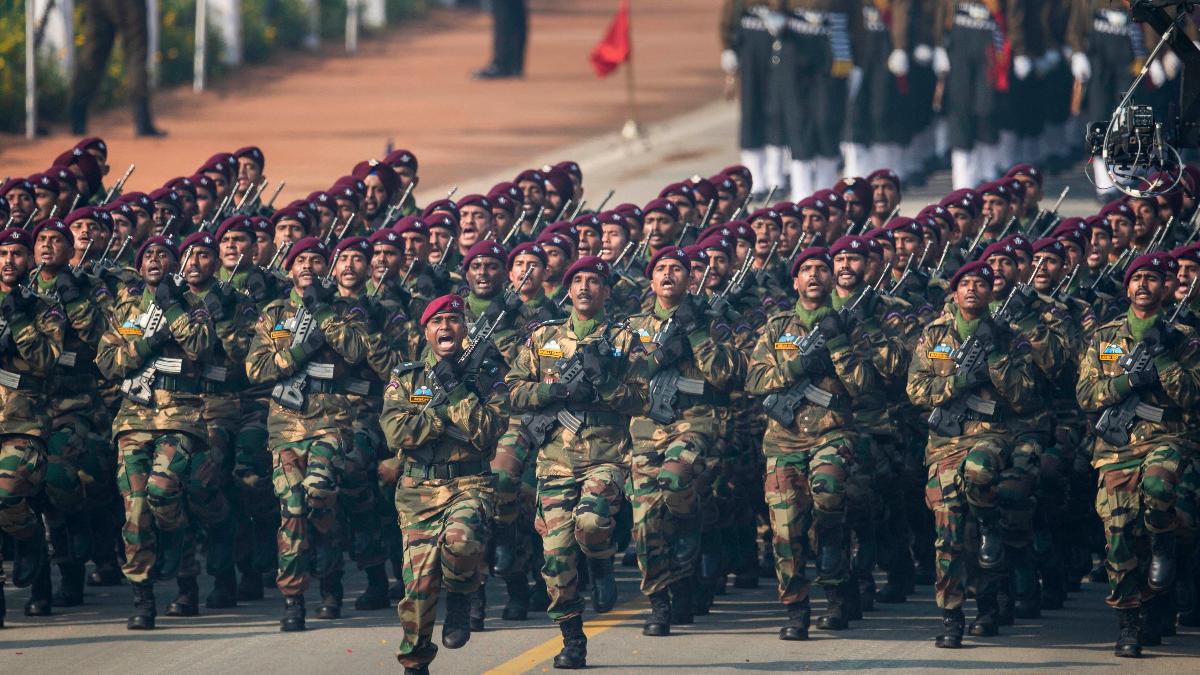The Combined Commanders Conference (CCC) will gather from March 30 to April 1 in Bhopal to examine tactics, weapon selection, and the future of combat, according to officials with knowledge of the situation. The significance of the gathering stems from the ongoing conflict in Ukraine and the military standoff in East Ladakh, against which it takes place.
The officials noted that Prime Minister Narendra Modi would address the commanders-in-chief of all three services on the third day of the three-day premier military brainstorming event, with Defense Minister Rajnath Singh also participating in the event.
In March 2021, the last CCC was conducted in Kevadia, Gujarat. This year’s CCC was originally set to take place in Karwar, Karnataka, in early March, but the location was changed to Bhopal.
While the military commanders will discuss issues such as enhancing the novel Agnipath-Agniveer scheme, the topic of future wars will be the main focus of the conference, as the year-long Ukraine conflict has demonstrated the importance of stand-off weapons such as missiles, long-range artillery, rockets, and armed drones in a protracted conflict. Despite possessing a vast military advantage over Ukraine, Russia has been pushed back by Ukraine’s employment of shoulder-fired anti-tank guided missiles, multi-barrel rocket launchers, and long-range artillery.
Conflicts between Azerbaijan and Armenia and Russia and Ukraine have made it abundantly evident that armed drones are the future of warfare. Azerbaijan employs Turkish drones against Armenian armor and Moscow employs Iranian-armed drones against Ukrainian armor and infantry. While India’s principal rivals in the north and west possess the Chinese armed drone Wing Loong II, the government has yet to catch up in armed drone technology as its military uses drones mostly for reconnaissance and surveillance.
The use and impact of social media as part of information warfare against an adversary will likely be discussed. Today, a sophisticated adversary uses social media to disseminate false information about its opponent and exploit these digital platforms to sow discontent, extremism, and disorder in the opposition camp. The Chinese People’s Liberation Army (PLA) relies heavily on information warfare, which, along with cyberattacks, has been an integral aspect of the hybrid warfare conducted by Beijing over the past decade. Social media is not only a tool for understanding the opponent but also for sowing discord among opposition sympathisers. According to observers, the Pakistani military and deep state are well-versed in the method of spreading a false narrative in the enemy camp and have tested this tactic repeatedly in India via their agent provocateurs.
The military chiefs are also expected to assess the situation along the Indo-Pacific borders since India must protect almost 7500 kilometers of coastline and its island holdings.
